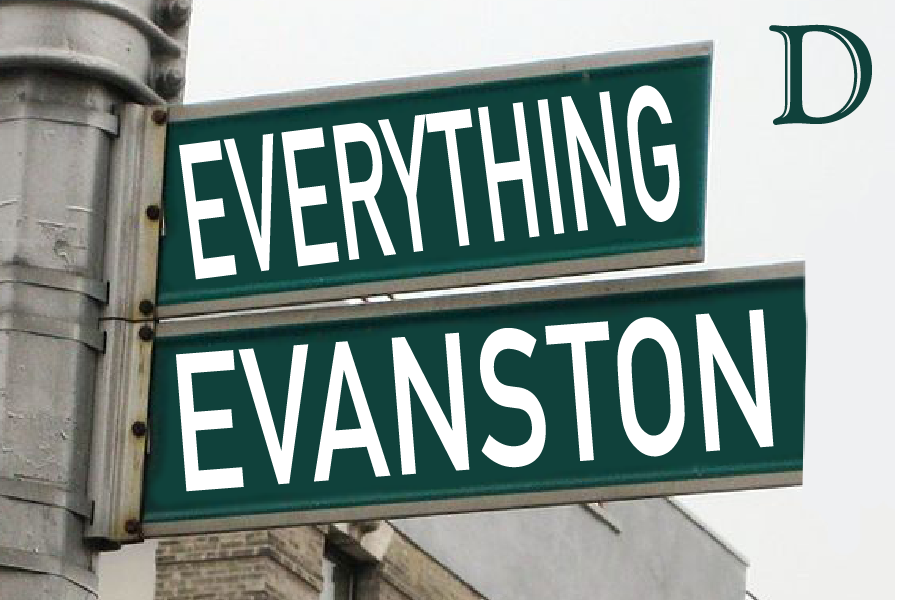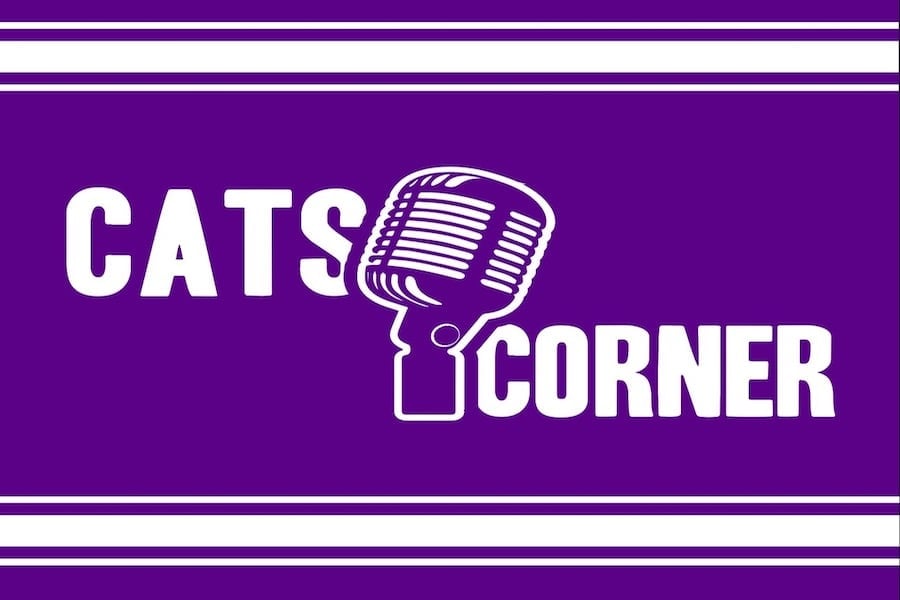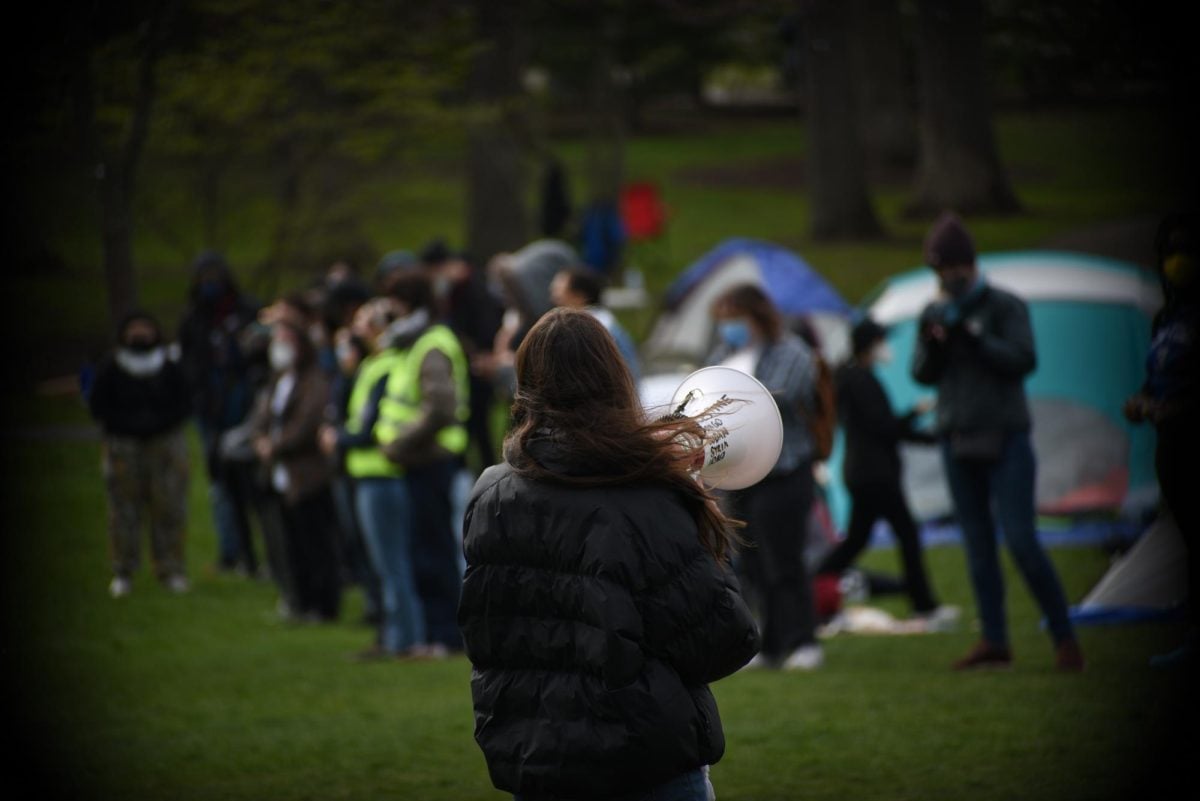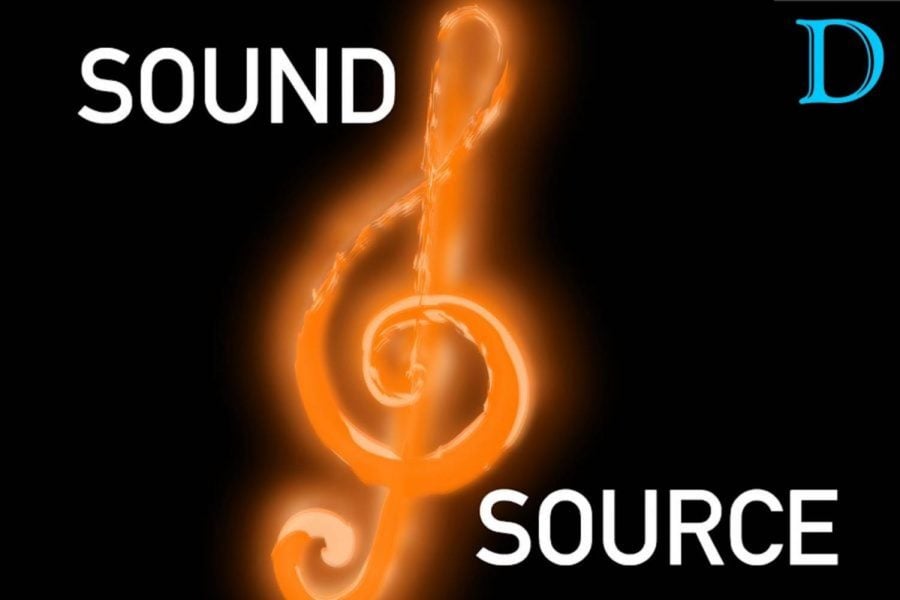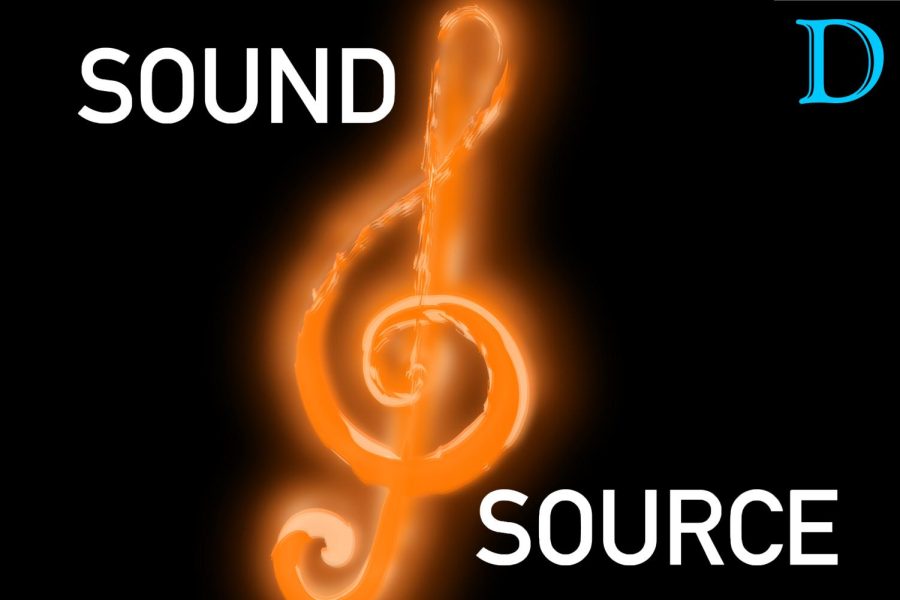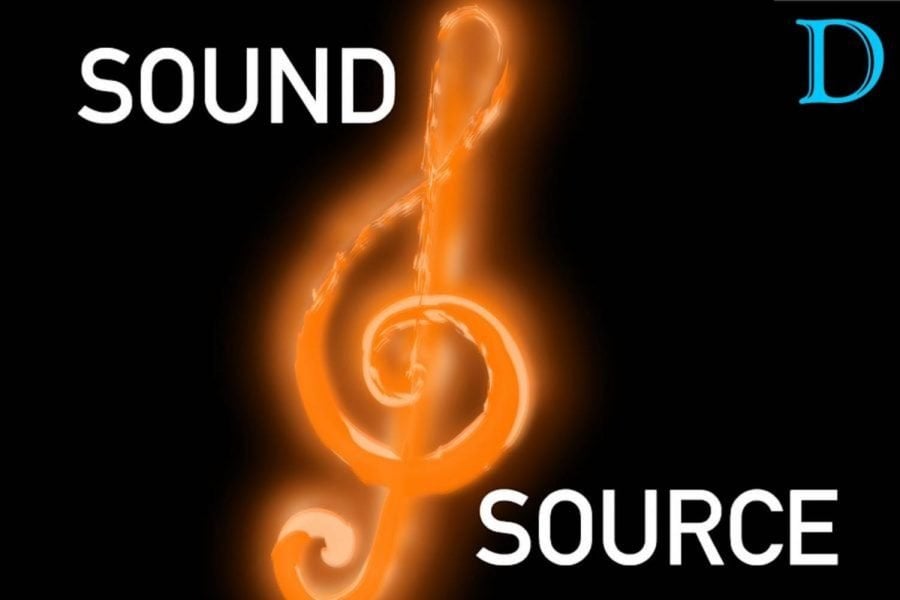 Non-music majors at Northwestern have many opportunities to continue their relationship with music through Bienen and beyond.
Non-music majors at Northwestern have many opportunities to continue their relationship with music through Bienen and beyond.
[music fade in]
*gradually overlapping*
CARLOTTA ANGIOLILLO: Chapel Choir, Concert Band, Jazz Ensemble, Music Composition, Musicology
ANAVI PRAKASH: Baroque Music Ensemble, Jazz Orchestra, Philharmonia, University Chorale, Music Cognition, Music Technology.
*overlapping ends*
CARLOTTA ANGIOLILLO: These are just some of the music-related opportunities non-music majors can access at Northwestern.
[music]
CARLOTTA ANGIOLILLO: From The Daily Northwestern, I’m Carlotta Angiolillo.
ANAVI PRAKASH: And I’m Anavi Prakash. Welcome to this episode of Sound Source, a podcast tuning into music at and around Northwestern. Today, we are looking into how Northwestern students not majoring in music can get involved in various musical opportunities.
[music fade out]
JANE YU: In high school, I had done orchestra for a really long time. I wanted to keep doing it in college and the Philharmonia orchestra seemed like a really good choice because it was a full orchestra outside of Bienen. It is accessible for people like me.
CARLOTTA ANGIOLILLO: That was Weinberg freshman Jane Yu, a violinist in Philharmonia.
The ensemble has 75-minute rehearsals twice a week, a time commitment Yu said is “doable.”
Philharmonia is one of the ensembles students participate in for half a unit of course credit, by enrolling in a corresponding class.
JANE YU: I chose to take it for credit and people who are enrolled in the class, they get access to the specific non-major practice rooms.
ANAVI PRAKASH: These practice rooms are located in Regenstein Hall of Music, part of Bienen.
JANE YU: I feel like it can be a little frustrating that I don’t have access to practice rooms because we’re not really supposed to be practicing in dorms because that would bother other people.
ANAVI PRAKASH: McCormick freshman Wes Lu agrees. His acapella group, the Treblemakers, usually practices in Wirtz, but because of a pause on extracurricular use of the building, he said they have been practicing in Locy. Lu said having access to practice rooms helps when the group doesn’t have access to any other place.
WES LU: For example, this fall show, all of the new members performed a song and because we couldn’t really reserve rooms or we didn’t know how to under the group, we kind of had to have some of the Bienen kids in our newbie group let us in. It would have been nice in that scenario to have more access to practice rooms, but we kind of just makeshift.
CARLOTTA ANGIOLILLO: Beyond the opportunities that exist through Bienen, there are also 12 acapella groups that students can join.
Lu said he wanted to join the Treblemakers to continue music in college because of how much he enjoyed the group he was a part of in high school.
WES LU: It was mostly how tight–knit our group was and I really liked that about it. In addition to just being able to sing, mostly for me it was being able to spend time with people and be really close with them. I knew I definitely wanted that same thing in college.
ANAVI PRAKASH: According to Lu, the Treblemakers usually have two-hour practices twice a week. During competition season, though, they have three rehearsals every week.
To practice outside of rehearsals, Lu said he sings along to MIDI tracks of the songs. A MIDI track is the piano accompaniment of a song.
WES LU: A lot of it is also just me staring at two measures of music and then singing it to myself and then not looking at the music and then singing it to myself for memorizing and then you slowly start to piece together these little chunks that you have until you get all of it memorized.
CARLOTTA ANGIOLILLO: Outside of orchestra practice, Yu said ensemble members also get opportunities to attend events about music and collaborate with Bienen students.
JANE YU: For this concert, this upcoming one, we’re also doing the concerto for French Horns, which is really cool because they’re students from Bienen, so we’re accompanying them.
CARLOTTA ANGIOLILLO: All ensembles are audition-based except the marching band, and many ensembles have students from multiple of Northwestern’s six schools.
Yu said her ensemble represents a variety of majors and even has a few graduate student
members.
According to Yu, programs usually provide students with larger instruments, but for smaller instruments, like violins, students usually bring their own.
ANAVI PRAKASH: Non-Bienen students can also create their own ensembles or join a music fraternity.
The women’s fraternity is Sigma Alpha Iota and the men’s is Phi Mu Alpha Sinfonia.
CARLOTTA ANGIOLILLO: Students who want to be around music and utilize their acting skills can join a theatre production.
Helen Davis, a Communication freshman majoring in theatre, has been involved with student theater as an actor and as a production team member. Davis said she got involved with these shows through the connections she had with other theater students.
HELEN DAVIS: If you have friends who are involved in something you can say, ‘do you need this?’ and they’ll connect you with a director. If you don’t have the connections, the TWIST is a great way to get started.
CARLOTTA ANGIOLILLO: TWIST, or This Week in Student Theatre, is a student-run theater newsletter that publicizes production team opportunities for student theater productions.
HELEN DAVIS: A lot of times, designers, prod team members, even actors, will be dance or a vocal major, but it’s open for everybody. And another great way to get involved if you aren’t a theater major in the acting side is through open calls.
ANAVI PRAKASH: The audition process includes a general audition and open calls. The general audition allows students to audition for every show and open calls are individualized for each show.
HELEN DAVIS: Those are more relaxed environments, so those are great if you are a non-major, you know, interested in acting in only one or two shows.
CARLOTTA ANGIOLILLO: Lu said the environment of the group is what he values the most about being part of Treblemakers, and why he recommends people join a music group.
WES LU: These people are some of my best friends despite having only known them for one quarter. You spend so much time with them and you go through this whole growth process with them and that really connects you with them. There’s really special bonds.
[music fade in]
ANAVI PRAKASH: From The Daily Northwestern, I’m Anavi Prakash.
CARLOTTA ANGIOLILLO: And I’m Carlotta Angiolillo. Thanks for listening to another episode of Sound Source. This episode was reported and produced by me and Anavi.
ANAVI PRAKASH: The audio editor of The Daily Northwestern is Anita Li, the digital managing editors are Ashley Lee and Micah Sandy, and the editor-in-chief is Avani Kalra. Make sure to subscribe to The Daily Northwestern’s podcasts on Spotify, Apple Podcasts or SoundCloud to hear more episodes like this.
Email: [email protected] & [email protected]
X: @carlottaang76 & @anavi_52
RELATED STORIES:
— The aca-demic handbook: Your guide to NU’s 12 a cappella groups
— Jonathan Bailey Holland named Bienen School of Music Dean
— Look and Listen: Bienen students’ parking lot practices











